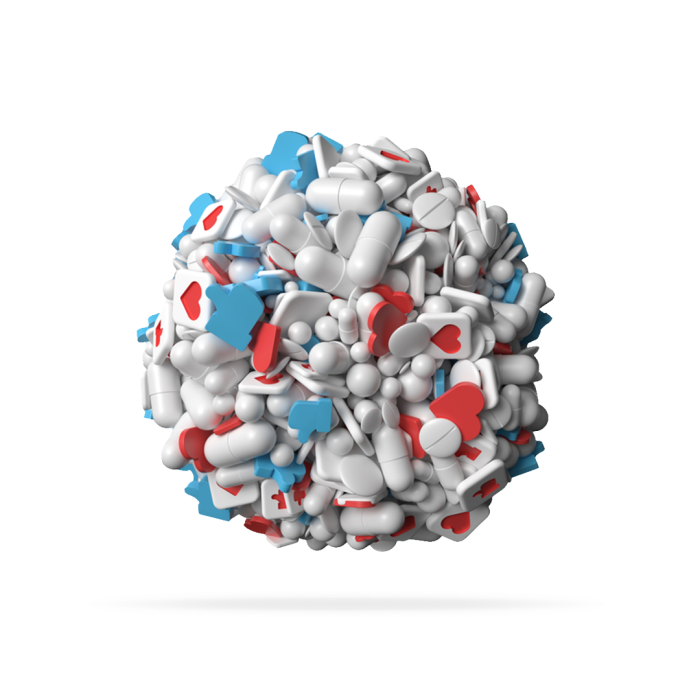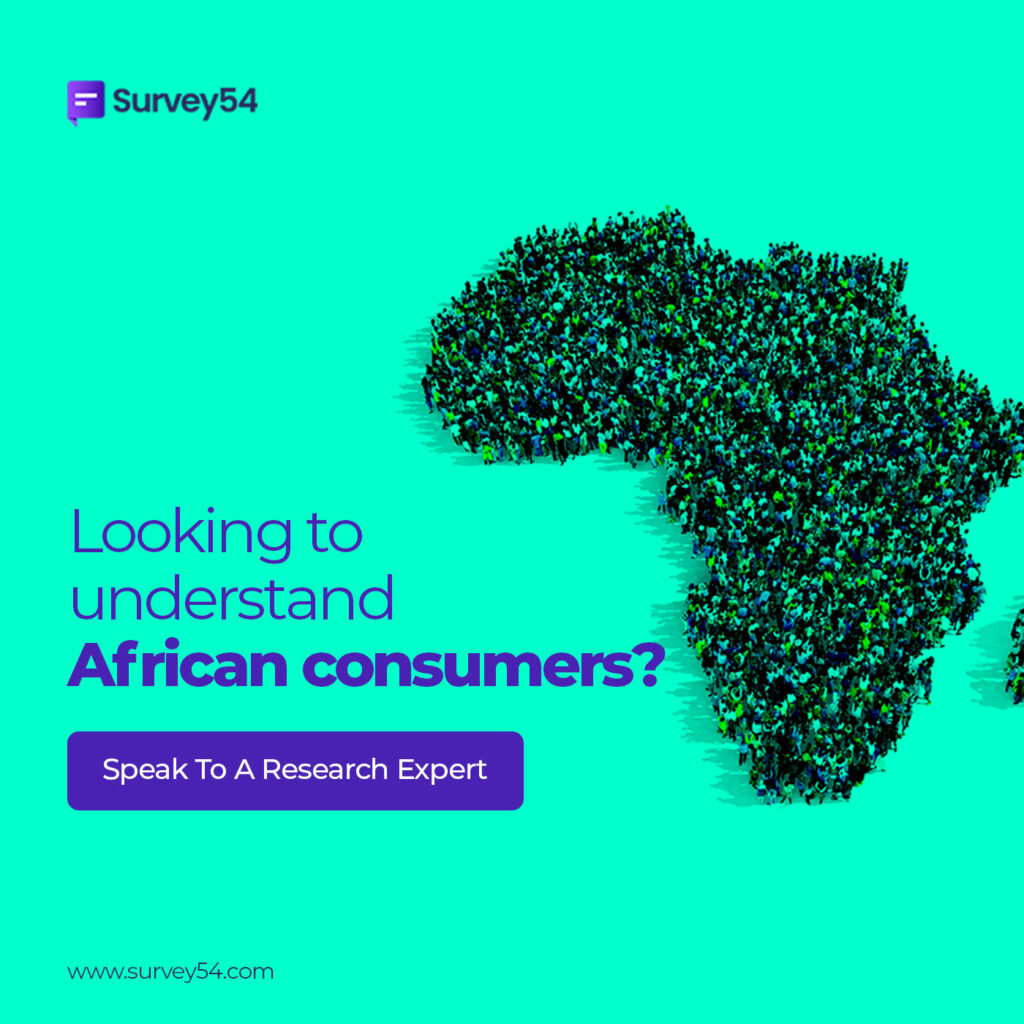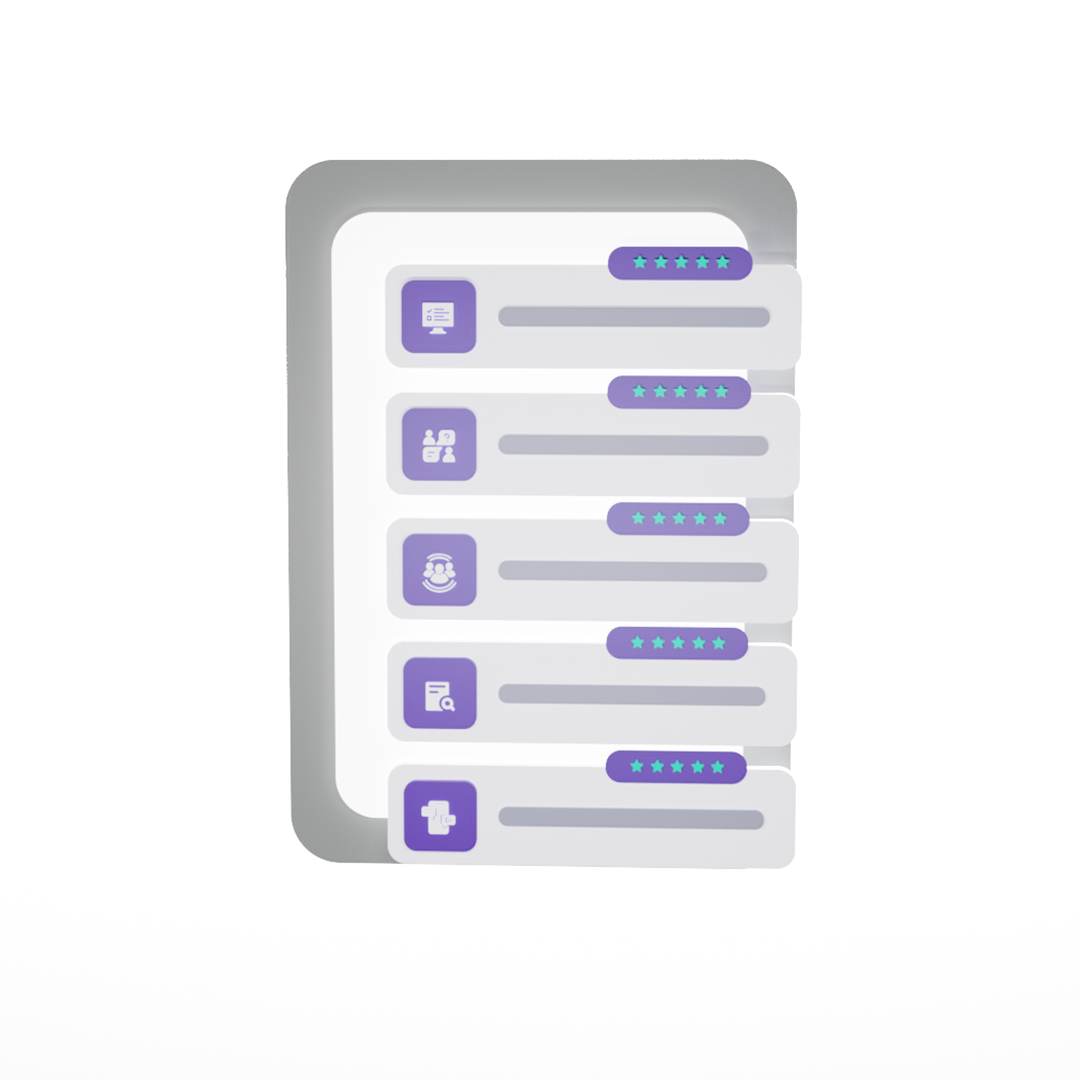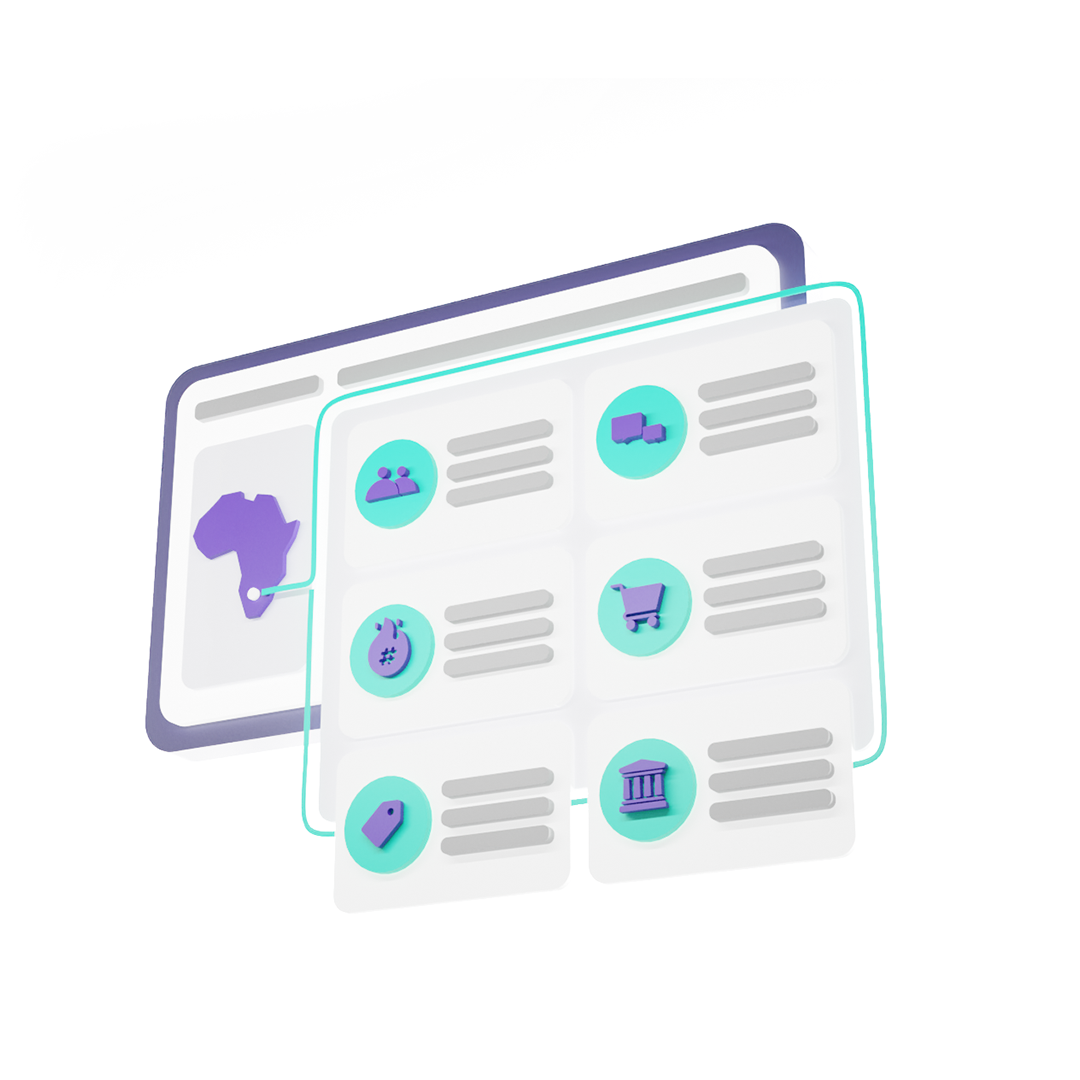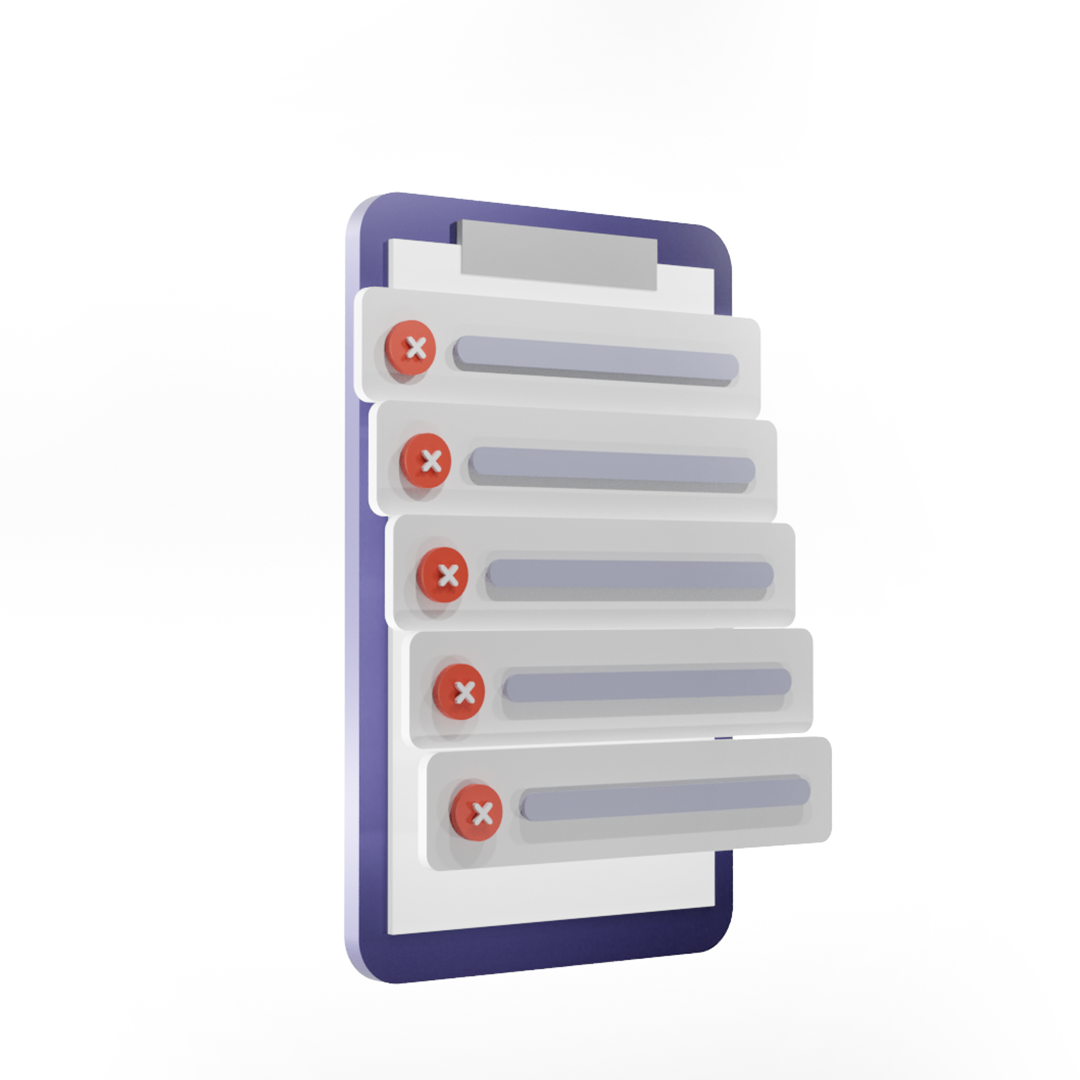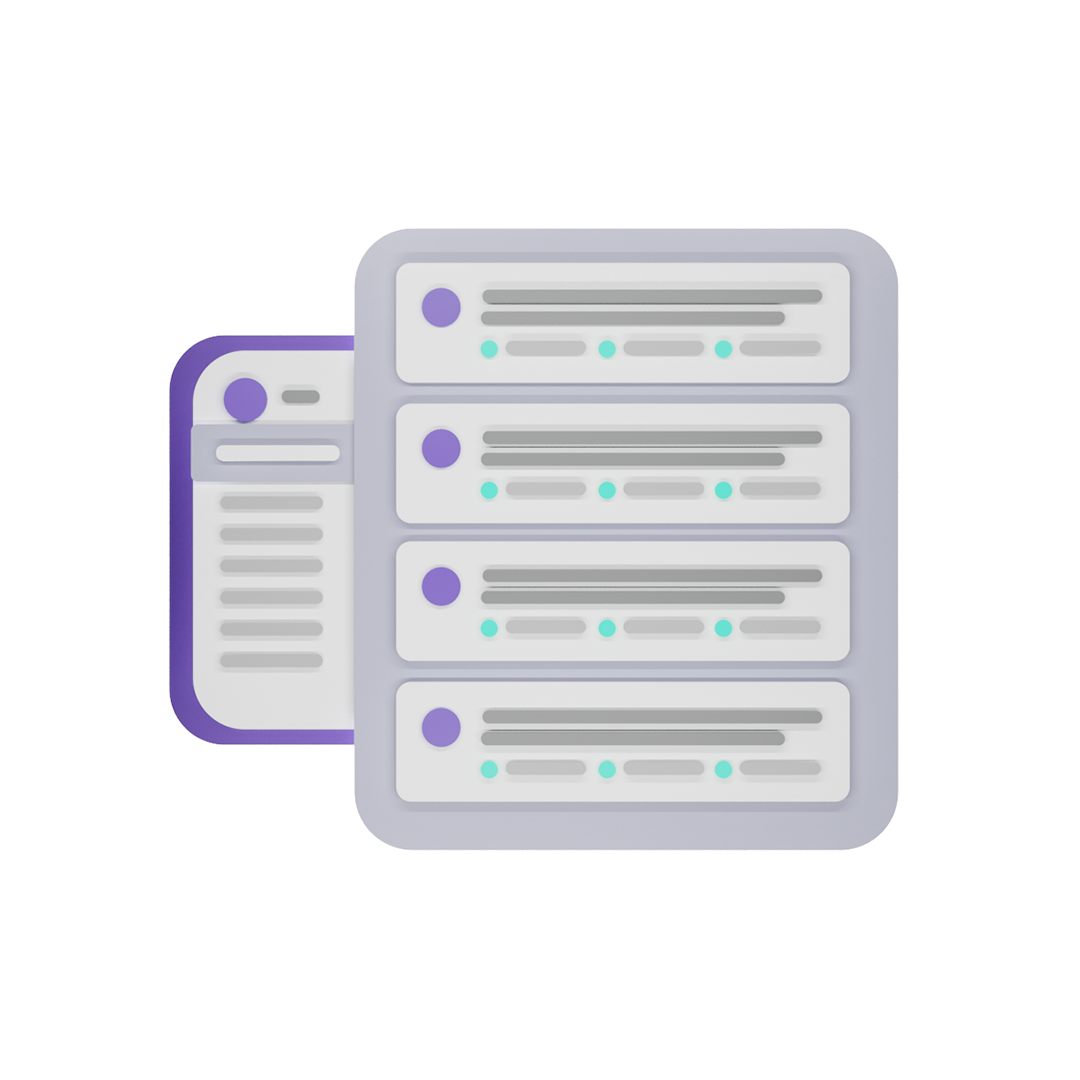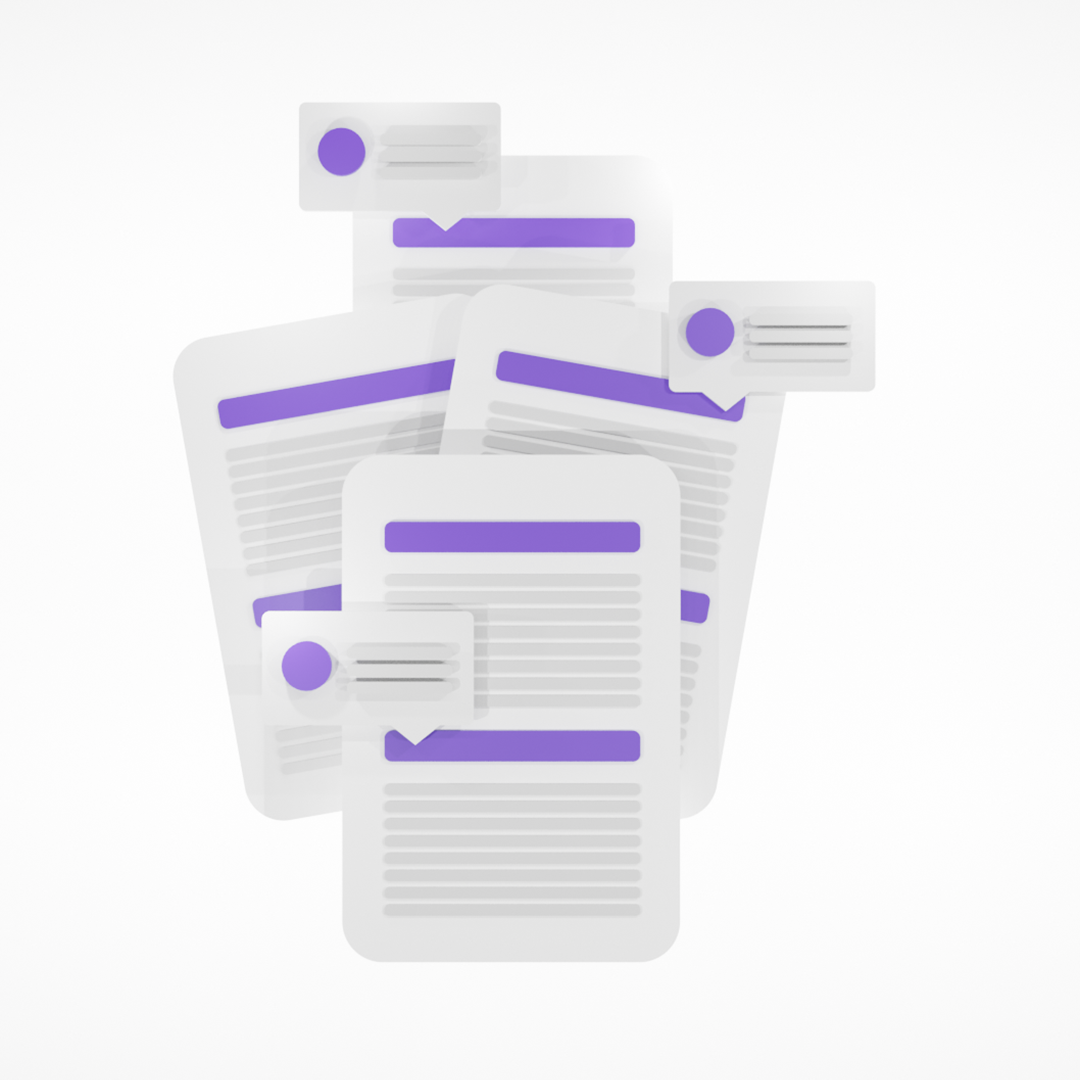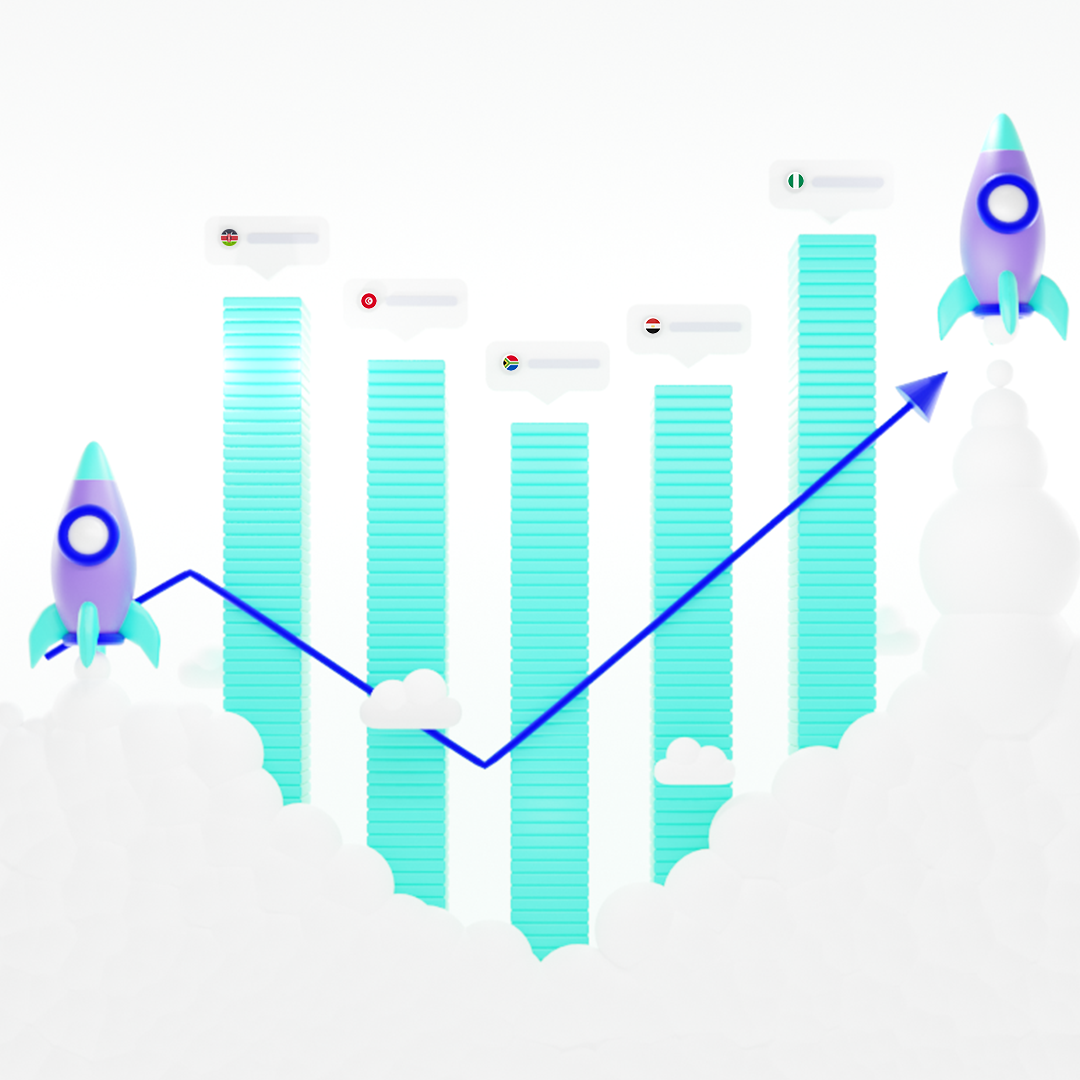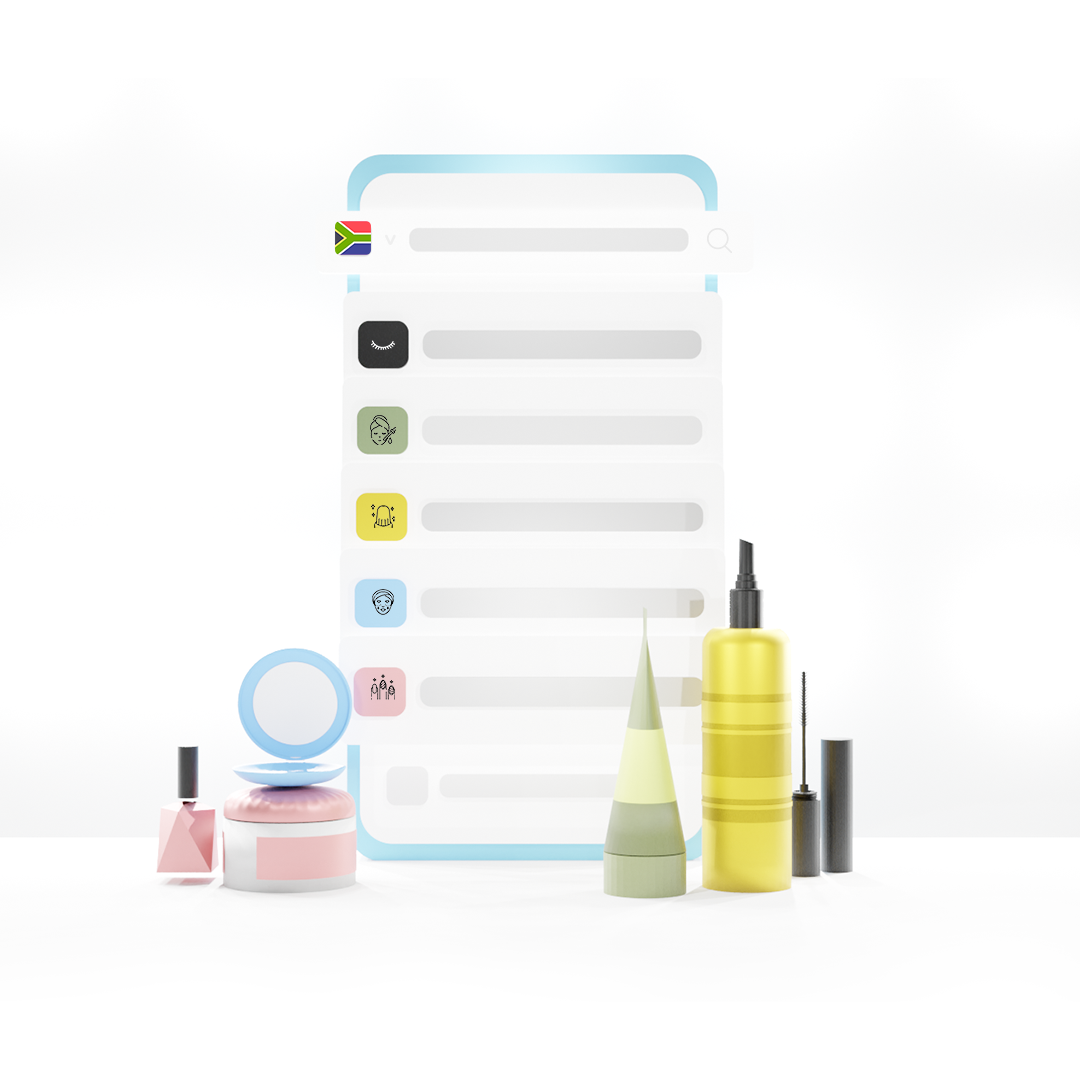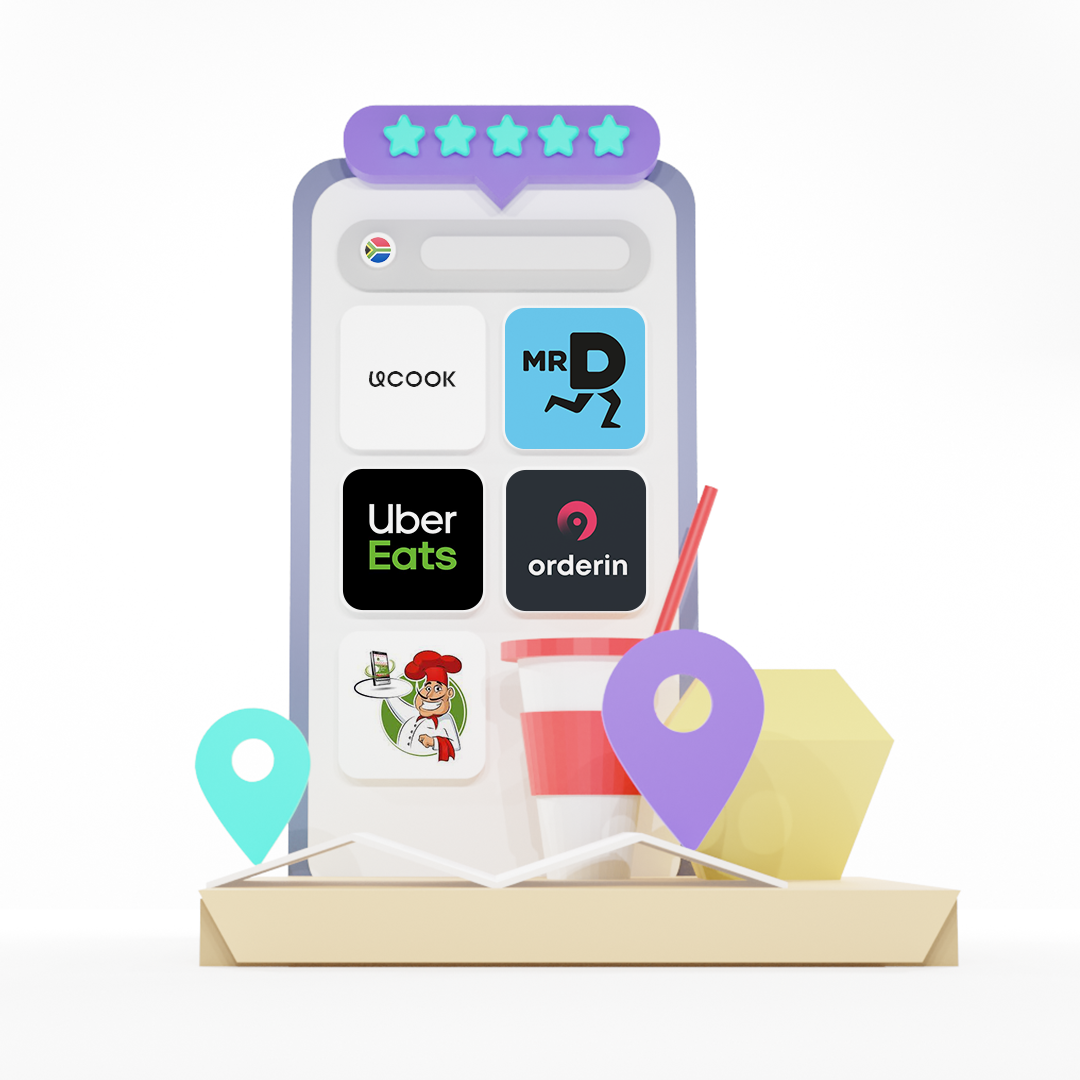social media is essential in all industries, including healthcare- one of Africa’s top sectors. Incorporating healthcare social media monitoring plans and marketing strategies, the global medical and healthcare industry has now accepted it as a primary means for patients and providers to connect. Particularly since the Covid pandemic outbreak, 73% of patients reportedly search online for medical information. This demonstrates why social media is crucial for the healthcare sector.
Healthcare organizations, such as medical centers and hospitals, are now promoting themselves through social media and blogs. When it comes to the healthcare sector, social media is everywhere. It can be used for professional networking, professional education, patient care, or public health programs.
Being active on social media is no longer optional. Top healthcare providers actively pursue everything from making connections and sharing discoveries to developing credibility as thought leaders. They consider social networking and advertising integral to their digital marketing strategy to engage with patients actively. Solid and frequent communication with patients via social networking sites aids in the development of positive relationships between hospitals and doctors—health alerts, quick FAQs, patient feedback, and so on all help to build patient trust.
Aside from that, the healthcare industry is constantly evolving, with frequent advances in developing new medicines, diagnostic tools, and healthcare technology. Healthcare companies are now looking to social media to excavate and explore new disruption opportunities. To aid in this process, social media analytics provides precise data and insightful information about various patterns of patient behaviour, current health market trends, product launch strategy investigation, and much more. Social media listening and monitoring aid in collecting relevant social media data to provide valuable business insights.
Stakeholders’ use of healthcare social media monitoring tools

Patients are increasingly turning to social media to learn about doctors, specialists, and hospitals so that they can make informed decisions. It has also become a way for them to know the cost of medications before buying them at the pharmacy. According to Survey54’s Report on Medicine Consumption and Purchase, 42.52% of respondents said the cost of medicine influences their purchasing decision.
Healthcare professionals, too, use this opportunity to foster interactive patient techniques and direct patient engagement. This also improves health outcomes, builds a professional network, raises personal awareness of news and discoveries, motivates patients, and provides community health information.
Nurses, too, use social media to keep patients informed about hospital visits, appointments, test results, and nearly everything else about medical facilities.
Too often, public health educators use social media to allow patients to voice their health concerns.
Healthcare services can collect different perceptions and viewpoints by monitoring and analyzing public behaviour through social media, which helps decision-makers unravel the needs of the patients. A trending illness could signal the emergence of a new disease, such as the novel Coronavirus. This has aided in the gathering of appropriate resources as well as the dispelling of myths.
Why does the healthcare sector need social media monitoring & analytics?

Social media has become one of the most effective means of staying connected, communicating, and promoting services. The social networking sites have evolved over time and have become a popular way for consumers and medical professionals to connect. It has enabled the healthcare sector to move away from traditional advertising and make the most of the Internet.
Consumers today use social media to learn about doctors, specialists, and hospitals and to make informed decisions. This is an opportunity for healthcare professionals to connect with patients. They can attract attention by sharing new technology updates to educate their patients and other medical personnel.
Let us now look at how social media monitoring can help the healthcare industry grow:
1) Develop marketing strategies
Patients share their experiences with healthcare workers on social media, which provides healthcare professionals with a wealth of data. They can use user-generated data to reach potential patients and raise awareness about their organization and services. Media monitoring can also be used to provide information on any of the following essential categories:
- Technological advancements
- Healthcare Subjects
- Illnesses
- Drugs
- The location of your company and its branches
- Your organization’s services
- Pharmaceuticals
2) To determine impact
We mean quantifying the impact of social media on your healthcare organization. You can use social media analytics to categorize data and understand what works and what doesn’t for your organization. Begin by calculating the ROI regarding engagement, revenue, traffic, or queries, depending on your objectives. You can manage your organization’s reputation and measure the social media value generated by your health and wellness campaigns this way.
3) Obtain valuable market insights
Based on the insights you gain from healthcare social media monitoring, you can become a data-savvy professional for your healthcare organization, allowing you to create reports with multiple variables. A performance overview of your organization, a metric breakdown chart, a list of wellness stories you shared, and much more may be included in the reports. You will also learn about the engagement rate, daily average impressions, likes per post, and total mentions.
After you’ve evaluated everything, you can add context to the data and analyze the trends. You can also learn what made certain posts top the charts for a given month. This way, you can use the massive amounts of data available on the internet to improve social media performance and gain more patients.
4) Maintain transparency and active communication
Social media platforms enable two-way public communication among patients, healthcare organizations, and third parties. A large network of influencers, thought leaders, patients, and organizations discuss the healthcare industry’s flaws and ways to improve. As a result of open communication, the healthcare sector can enhance support for patients and other consumers, including introducing new doctors into practice, answering questions such as operating hours, and providing information on pre and post-operative care.
The insights you gain can also be used to disseminate evidence-based information to patients across all departments. It will also help your healthcare organization’s credibility by combating inaccurate details on treatments and drugs online.
5) Obtain real-time updates and comprehend the competition
Administrators in large healthcare organizations use social media to keep tabs on their competitors. They keep a few key factors in mind when evaluating the effectiveness of campaigns used by their competitors. These factors could include community involvement, customer pain points, and service lines introduced by competitors. Furthermore, customer feedback, the use of new technologies and procedures, and how they affect patients’ lives are considered.
How do social media analytics help healthcare businesses maintain competition?
Due to perfectly bridging the gap between patients and healthcare, social media analytics has proven to be a ground-breaking tool for the healthcare sector. Live and frequent updates on a specific disease, individualized information about any health concern, improvement of health education due to the large audience reach, and many other things previously restricted to the hospital grounds are now easily accessible. Because healthcare organizations now better understand their market, they can better highlight their positive attributes to their intended audience.
All because of social media analytics!
Nowadays, we can find out anything we want about health by clicking a button. In fact, people turn to search engines for health queries. Consider the amount of data generated by search and social platforms alone. Top data firms help healthcare providers stay competitive by providing high-quality research and analysis to make sense of this unstructured data.
Conclusion
Critical business decisions such as product pricing, supply chain cost reduction, improving and maximizing sales performance, and so on can be easily made using social media analytics. Integrating healthcare companies and social media has undoubtedly simplified how we approach healthcare issues. Data analytics in social media has aided healthcare organizations in making critical business decisions with ease.

